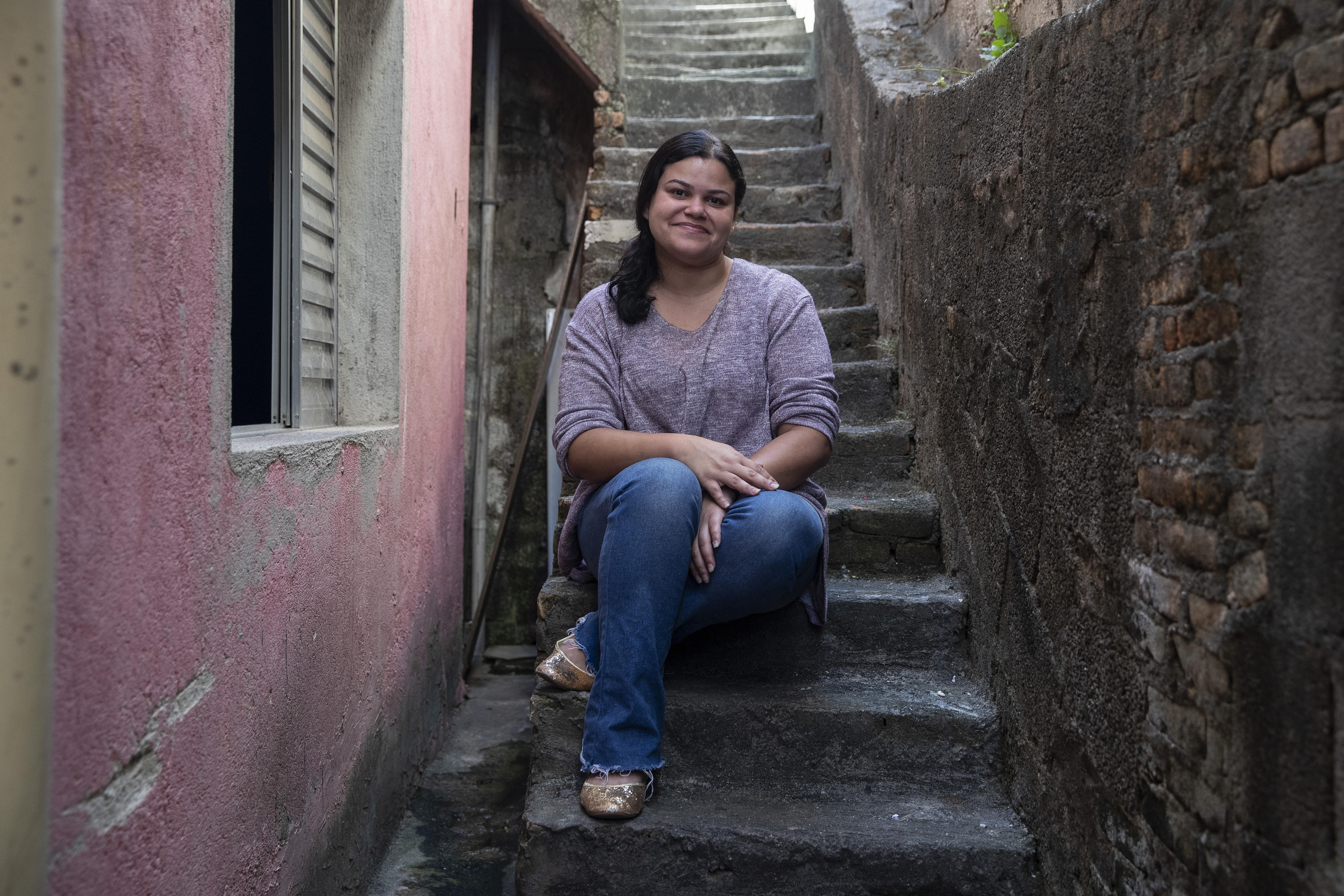
Over 500,000 women undergo illegal abortions in Brazil
More than 500,000 illegal abortions are performed each year in Brazil, a country that has put the issue on the table after a woman who traveled to Colombia to end her pregnancy legally, started calling public attention to the issue.
A single mother of two, Rebeca Mendes, 31, has become the public face of the fight to decriminalize abortion in Brazil, where a woman can end her pregnancy in case of rape, if her life is in danger and if the fetus shows signs of anencephaly.
"I got pregnant in November and when I found out, it disturbed me," Mendes told EFE. "I called my gynecologist to switch my birth control method and, if the public health system had taken care of me in time, I wouldn't have gone through this. That was the first time the state failed me."
Upon finding out that she was pregnant, Mendes filed an appeal to the Supreme Court, demanding access to a legal abortion alleging a risk to her mental health.
Her request fell through, however, prompting her to travel to Colombia, where she ended her pregnancy in a "safe, legal and dignified" manner.
CONTENIDO RELACIONADO
Colombia's Supreme Court lifted a blanket ban on abortion in 2006, allowing the procedure to be performed if the pregnancy poses a risk to the woman's mental or physical health, in case of rape or incest and if the life of the fetus is not viable outside the womb.
"I can say that I was treated with dignity and that an abortion does not have to be a traumatizing experience for a woman," she said. "What's traumatizing is not the procedure itself, but its criminalization."
Rebeca's case took the Socialism and Liberty Party (PSOL) and the Anis Institute to file an appeal to the country's Supreme Court, calling a public debate on the decriminalization of abortion up to the 12th week - in the middle of an election year.
Some 503,000 women between the ages of 18 and 40 ended their pregnancies in 2015, according to the Anis Institute, a nonprofit organization that advocates reproductive rights, including abortion.
However, as many as 59 percent of Brazilians still oppose changes in legislation that enable women to get abortions in the country, while around 58 percent believes that women should be sanctioned and jailed if she ends her pregnancy voluntarily, according to a survey published Wednesday.










DEJE UN COMENTARIO:
¡Únete a la discusión! Deja un comentario.